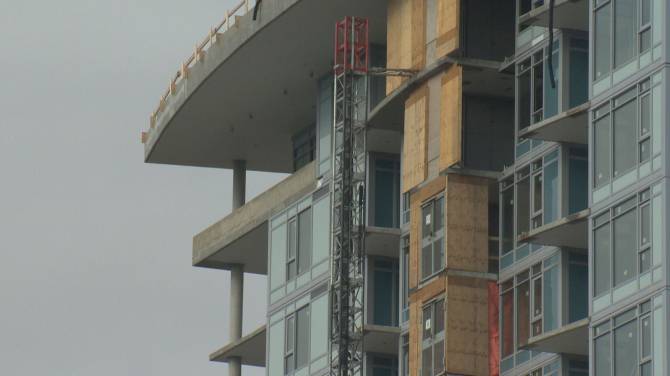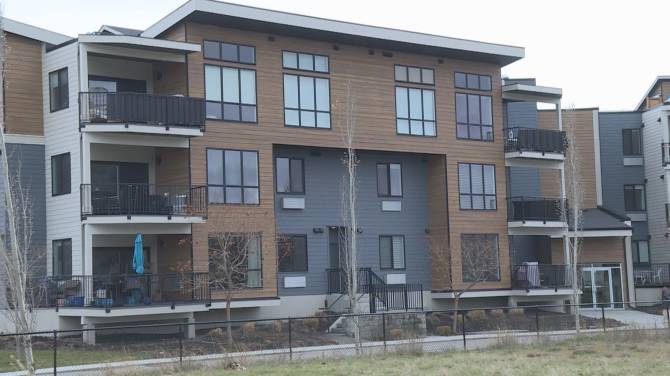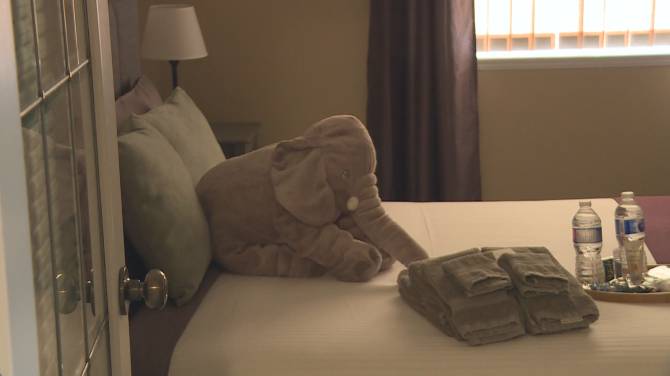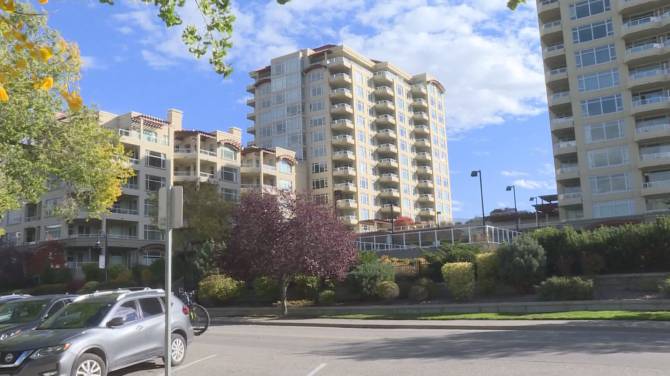Penticton, B.C., will not receive any leeway or exceptions to the province’s new short-term rental regulations.
Earlier this year, Penticton City Council sent a letter to the province asking for flexibility, but the province recently denied the request due to the city’s low vacancy rate.
“As a city we were disappointed, as a council we were disappointed but not surprised,” said Coun. Helena Konanz.
“There were other communities that asked for some flexibility also and we knew that they were denied so we will continue with plans to get the new policies in place.”
The new rules don’t apply to communities with a population under 10,000 or resort communities like Osoyoos.
Konanz believes that Penticton is in a unique position and should have received similar exemptions as the designated resort communities.
“We were looking for some type of flexibility, whether it be an area in particular around our lakes or whether it be certain time of years or during certain festivals, but the bottom line is that Penticton is really a resort community,” said Konanz.
“The province has relaxed the rules for designated resort communities throughout the province. We were hoping that the province would consider us in all ways as they should have a resort community, especially for those two months a year.”
Municipalities can opt out of the new regulations if it meets certain criteria including having a vacancy rate of three per cent or higher for two consecutive years.
“When many communities — including Penticton — are seeing low vacancy rates, we believe the new legislation offers a balanced approach that will return thousands of homes to the long-term housing market while still accommodating our province’s tourism needs,” said the Ministry of Housing in an email statement to Global News.
“Should the City of Penticton reach and maintain a vacancy rate of over three per cent the province would be able to grant the city an exemption from the principal residence requirement, if requested.”
According to a 2023 report, Penticton staff estimated that around half of the city’s then-400 licensed short-term rentals would become illegal after the new regulations come into effect.
Debbie Wheeldon is one of many short-term rental hosts that will be forced to shut down under the new rules.
“It’s just … heartbreaking,” said Wheeldon.
“We even turned down some guests last night that wanted to come up and visit their grandparents and enjoy Penticton. But we had to say no, sorry because of what the government is saying that we can’t do that for you.”
Wheeldon and her husband Dale have hosted a number of guests at their rental, Grandma’s Elephant Hideaway, in Penticton over the past few years and are often fully booked during peak travel season.
The couple have already had to turn down people, including return guests, for the summer.
“I’m really disappointed in the government that we have… I just can’t believe that they would do that,” said Wheeldon.
“It floors me that in 2018, Carole James did a big interview with the head of Airbnb and said how welcome short-term rentals would be in our province and how we needed them. And so people thought well great, we’ll do short-term rentals. And then this government turns around and says no we’re not doing them, and that is absolutely frustrating.”
Meanwhile, the Penticton and Wine Country Chamber of Commerce is still determining the extent of the impact from losing many short-term rentals on the local economy.
“We’re a little disappointed that the province didn’t consider the city’s requests. Very much like the city, the chamber is examining the impact, especially on our tourism industry. Our tourism industry accounts for 10 per cent of our labor force,” said chamber executive director Michael Magnusson.
“We also know from a study commissioned by the city a couple of years ago that short-term rentals contribute to 25 per cent of the tourism economy. So, there will be a significant decrease this year. We’re not sure exactly how it will affect our business community, but we know it’s negative. The question is how much?”
The regulations will be effective from May 1st, indicating that short-term rentals will only be permitted in main residences.







